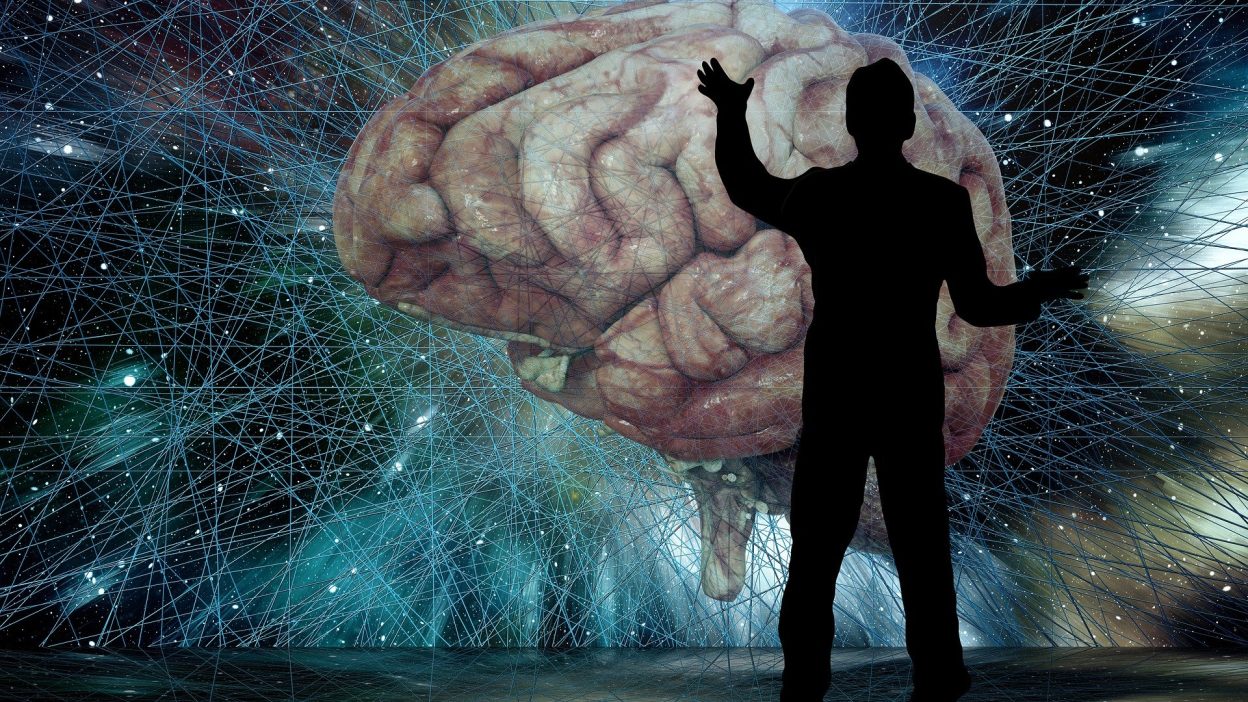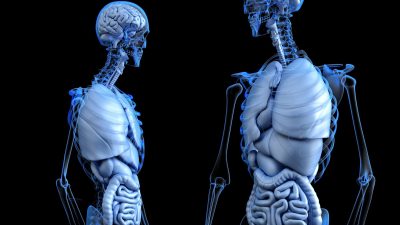Brain Function, Neuroscience Facts, Human Brain Capacity, Brain Myths, Brain Power
You’ve probably heard the “10% brain myth”, but what if we told you it’s completely false? Discover how much of your brain you actually use, how it works, and whether we could ever unlock 100% of its potential.
Introduction
For decades, Hollywood movies and pop culture have led us to believe that humans only use 10% of their brain—suggesting that if we could unlock the remaining 90%, we’d gain superhuman abilities like mind-reading or telekinesis. But is there any truth to this? What would really happen if we used 100% of our brain capacity? Let’s dive into the fascinating science behind how our brains work.
How Much of Our Brain Do We Actually Use?
The idea that we only use 10% of our brain is a complete myth. Studies by neurologists, including Barry Gordon in Scientific American, have debunked this claim. The reality is that we use most of our brain, most of the time, but not every part at once.
Even when we’re sleeping, our brains are active—especially the parts responsible for dreaming, memory processing, and automatic functions like breathing and heartbeat regulation. The percentage of brain activity varies from person to person, but in truth, every part of our brain serves a function, and we use it daily.
Understanding the Brain’s Key Parts & Their Functions
Our brain is divided into three major parts, each playing a crucial role in our daily lives:
1. Cerebrum – The Thinking Centre
- The largest part of the brain
- Controls emotions, memory, problem-solving, and decision-making
- Responsible for movement, coordination, and sensory processing
- Divided into the left (logical, analytical) and right (creative, artistic) hemispheres
2. Cerebellum – The Coordination Hub
- Regulates balance, posture, and motor skills
- Helps us learn new movements (e.g., playing a sport or musical instrument)
- Essential for speech and communication
3. Brainstem – The Body’s Control Centre
- Connects the brain to the spinal cord
- Regulates heart rate, breathing, and digestion
- Controls basic functions like swallowing and sleep cycles
Without these parts working in harmony, even simple tasks like walking or talking wouldn’t be possible.
What Would Happen if We Used 100% of Our Brain?
The idea of unlocking 100% brain capacity might sound appealing, but in reality, it would be disastrous for the body. Here’s why:
1. Extreme Fatigue & Overload
Using the entire brain at once would require a massive amount of energy. Since the brain already consumes 20% of the body’s total energy, running at full capacity would drain us completely, leading to exhaustion.
2. Blood & Oxygen Shortage
If every neuron fired at once, our body wouldn’t be able to supply enough oxygen and blood, causing organ failure. The body would go into survival mode, shutting down non-essential functions.
3. Sensory Overload & Impaired Judgement
Processing all sensory inputs (sight, sound, touch, taste, smell) at full speed would overwhelm us. Instead of being more intelligent, we’d struggle to make clear decisions.
4. Constant Hunger
To fuel such intense brain activity, we’d need a continuous energy supply—meaning we’d be hungry all the time, possibly eating ourselves into sickness.
Clearly, we’ve evolved to use our brains efficiently, balancing function and energy use rather than maximising raw power.
Can We Improve Our Brain’s Potential?
While we can’t unlock hidden brainpower, we can certainly enhance our cognitive abilities through lifelong learning and healthy habits. Here’s how:
Exercise Regularly – Improves blood flow and oxygen delivery to the brain
Get Enough Sleep – Essential for memory processing and learning
Challenge Your Mind – Play puzzles, read more, or learn a new skill
Eat Brain-Boosting Foods – Nuts, fish, berries, and dark chocolate help brain function Contrary to popular belief, humans are already maximising their brain potential. If we weren’t, we wouldn’t have achieved incredible advancements in science, technology, and medicine.




